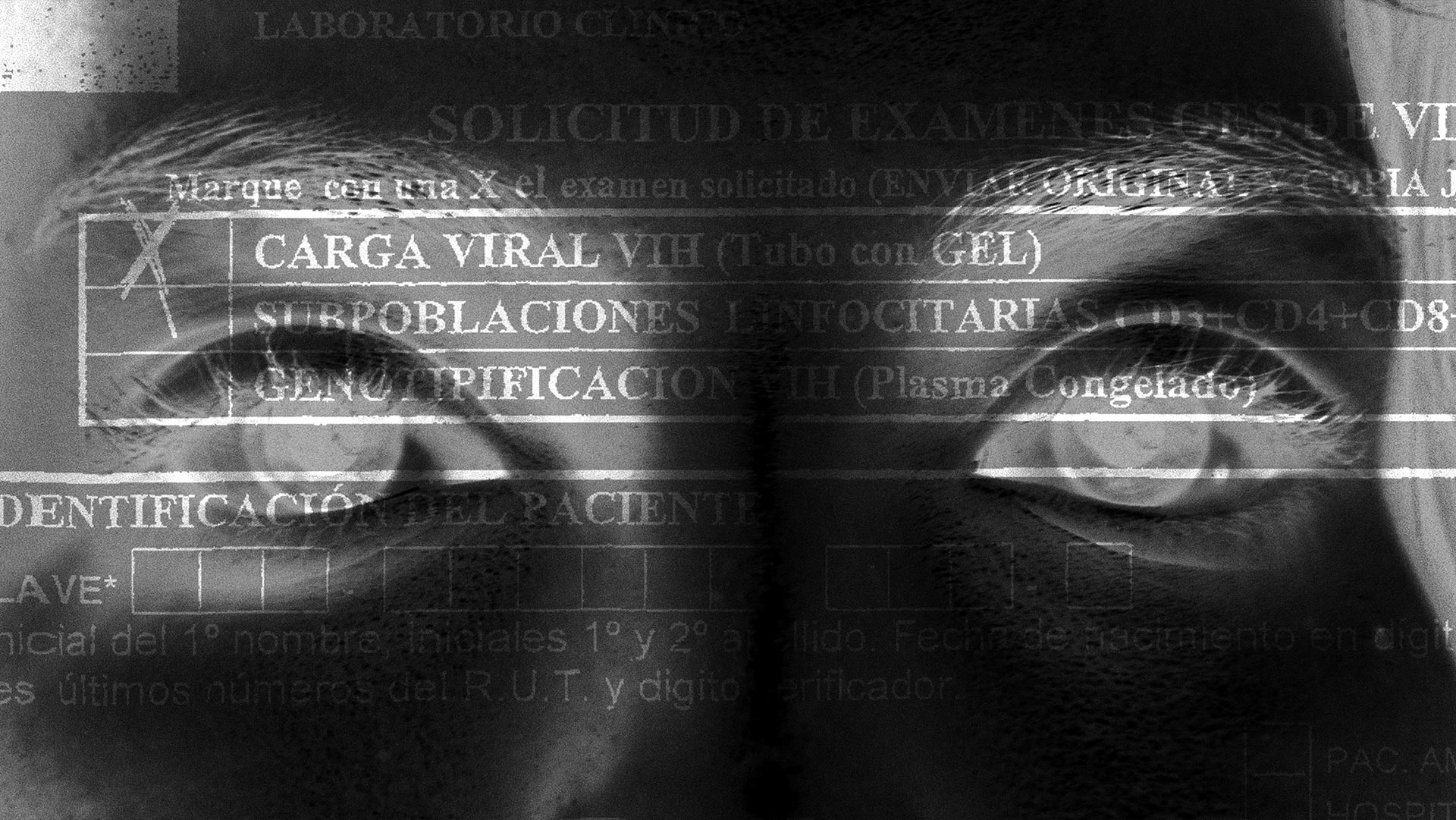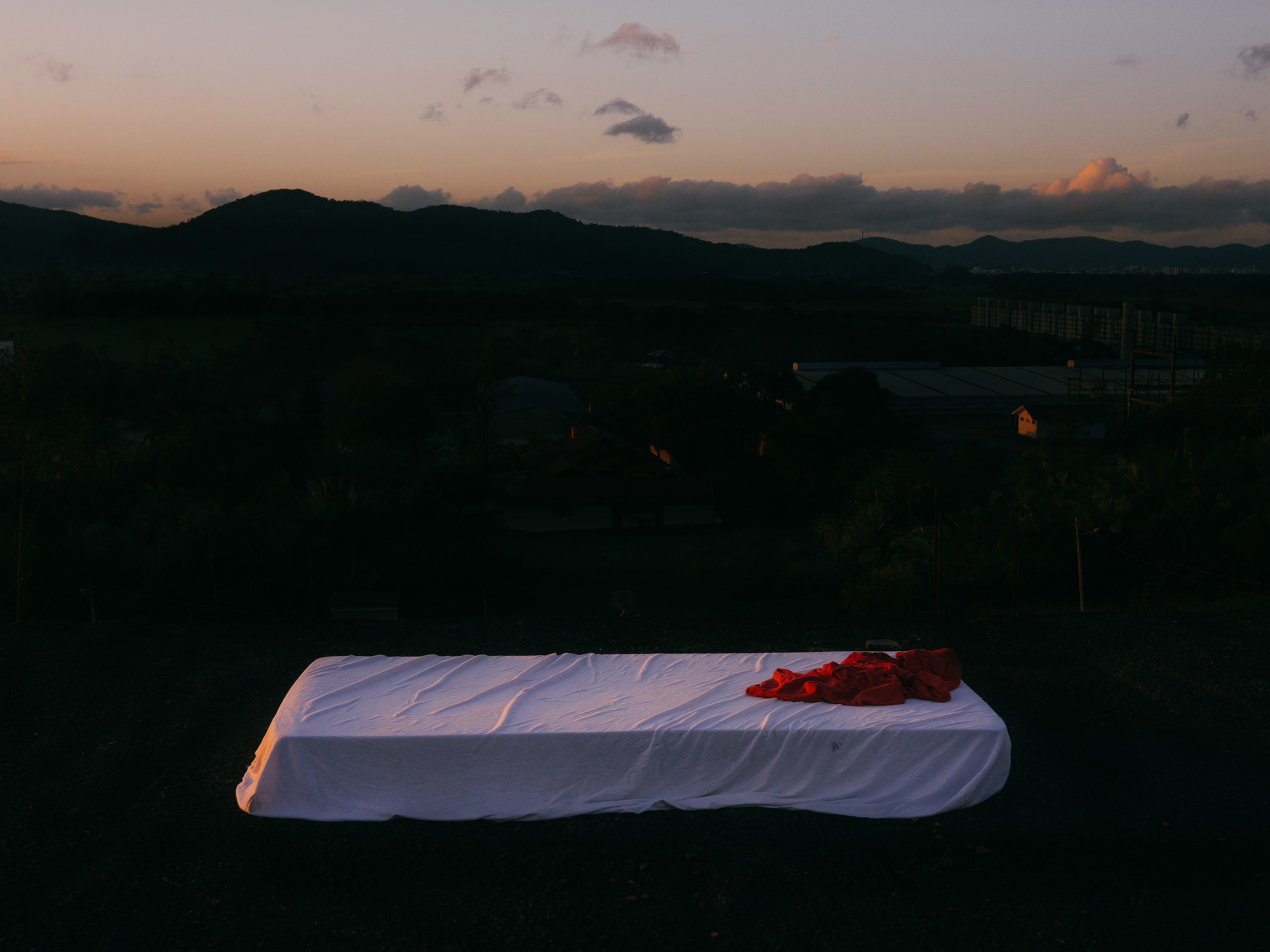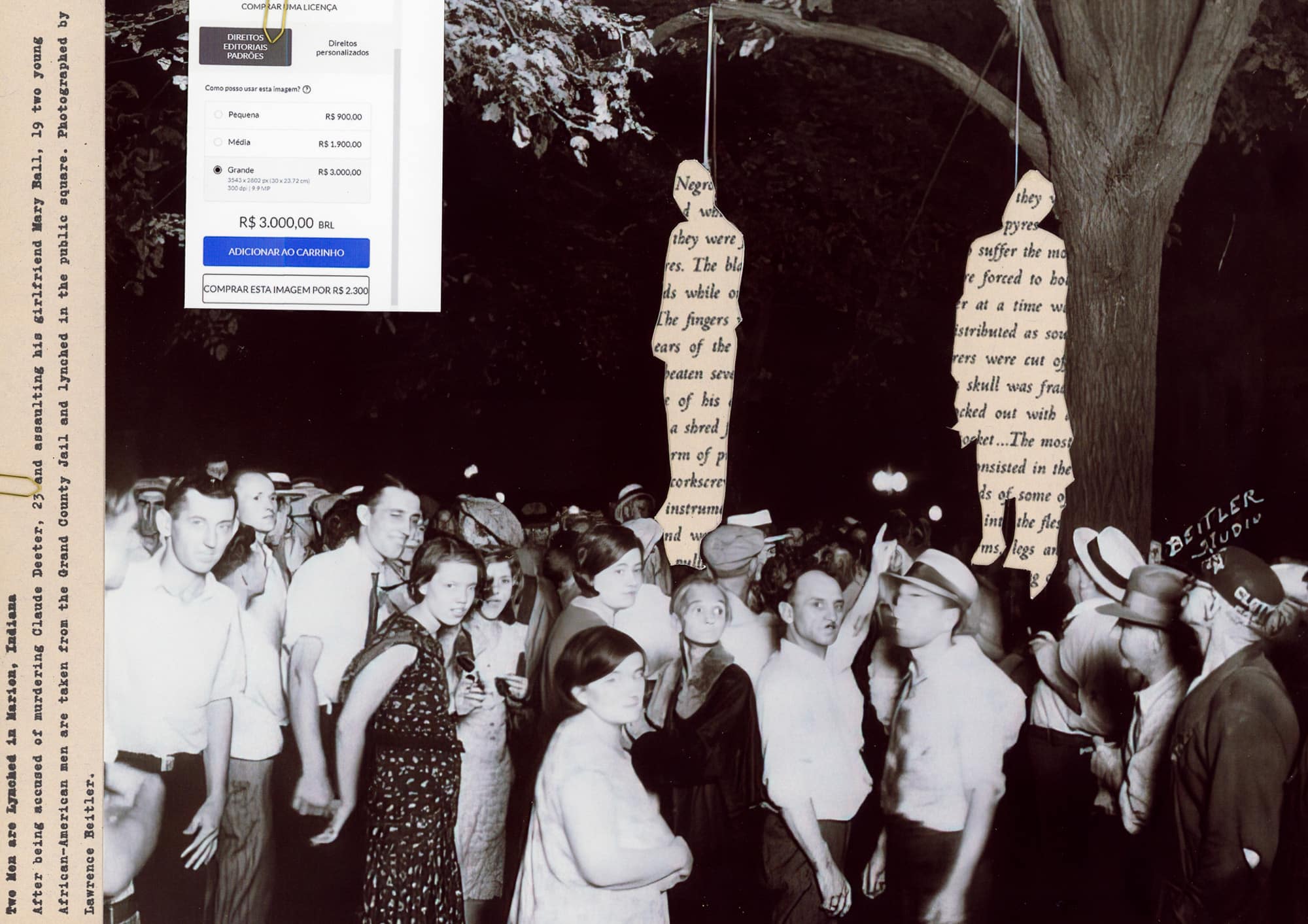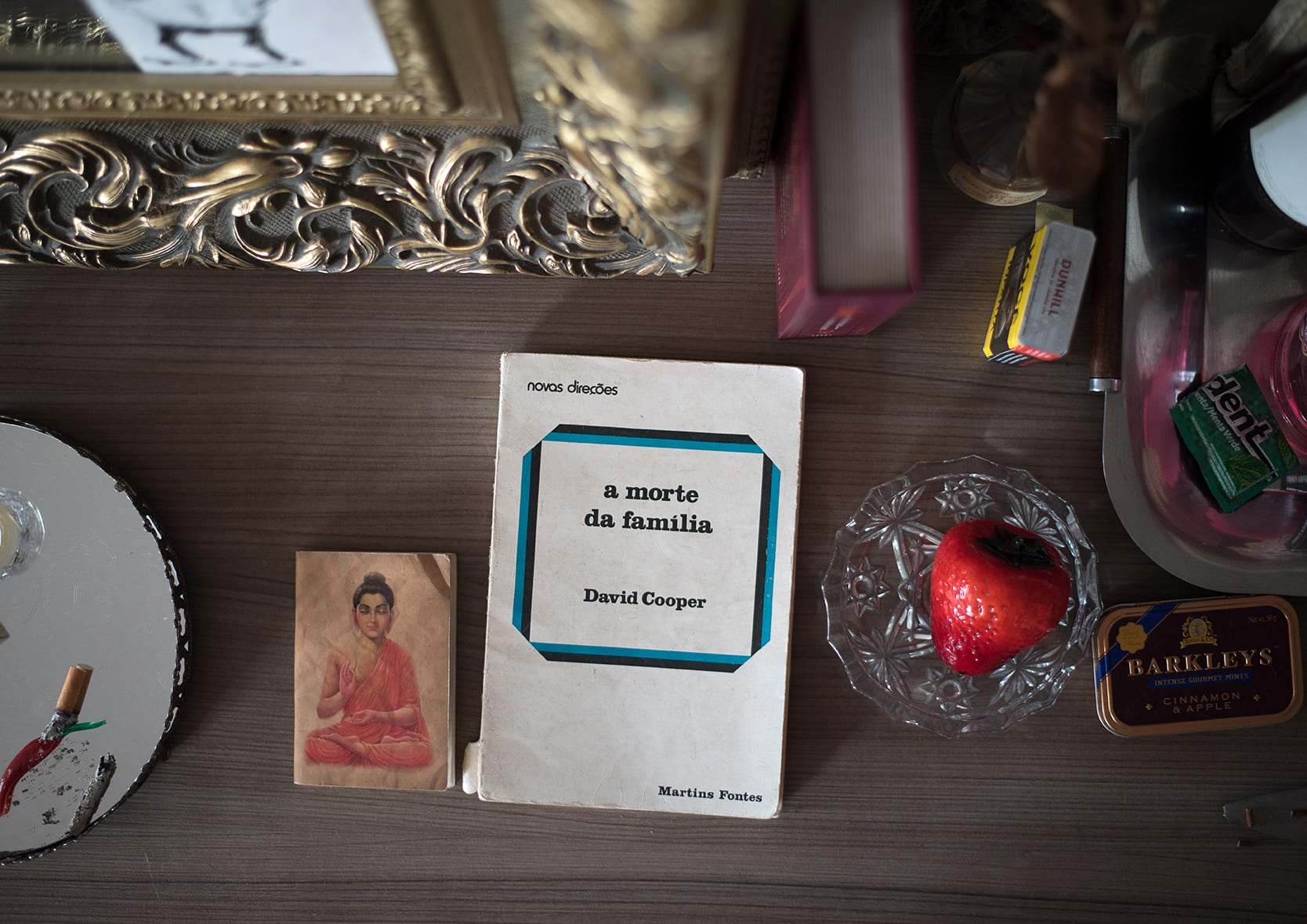
When the body no longer feels patriarchy won
In 2020, in Brazil, gender violence increased and it became the most dangerous country for women, trans, and transvestites. This year was no better: 175 were murdered. For several years, the photographer Camila Falcão has been working on a project that for her is a great investigation into sexuality and gender identity. She has photographed trans women, transvestites, communities of non-binary people, and in general people (not cis men) who with their bodies, their aesthetics, and their ways of living show alternatives to the social mandates of machismo, cisgenderism, and capitalism.
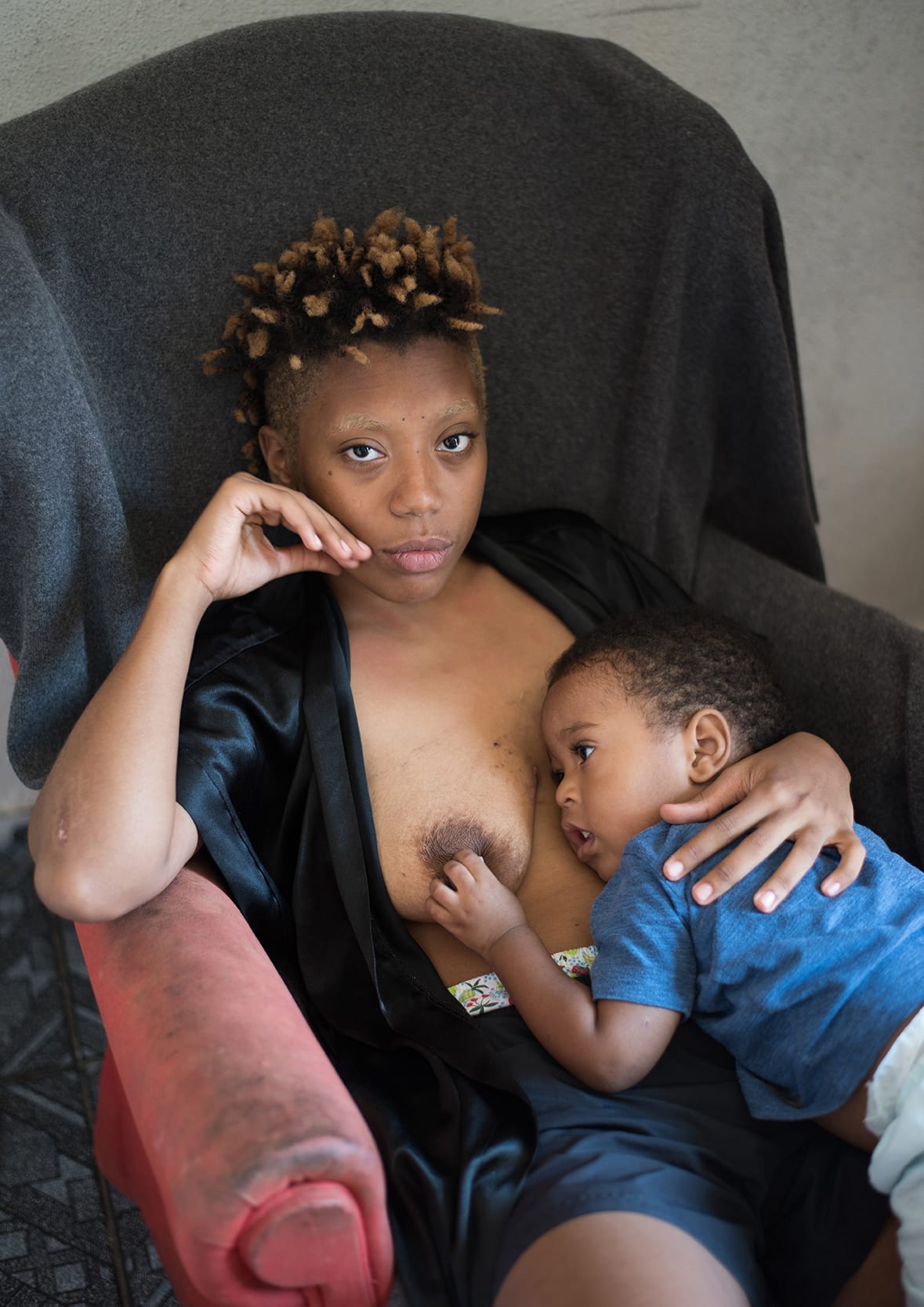
You define yourself as a feminist artist. How did you get there?
I research gender and sexuality. I am aware that I have been a woman and feminist artist for many years. I am a cis woman, I am 44 years old and I live in an extremely macho, misogynistic, transphobic, racist, and homophobic country, I feel that on my skin every day. I can’t separate being a feminist woman from being an artist, my goal is that when people see my work they ask themselves questions.
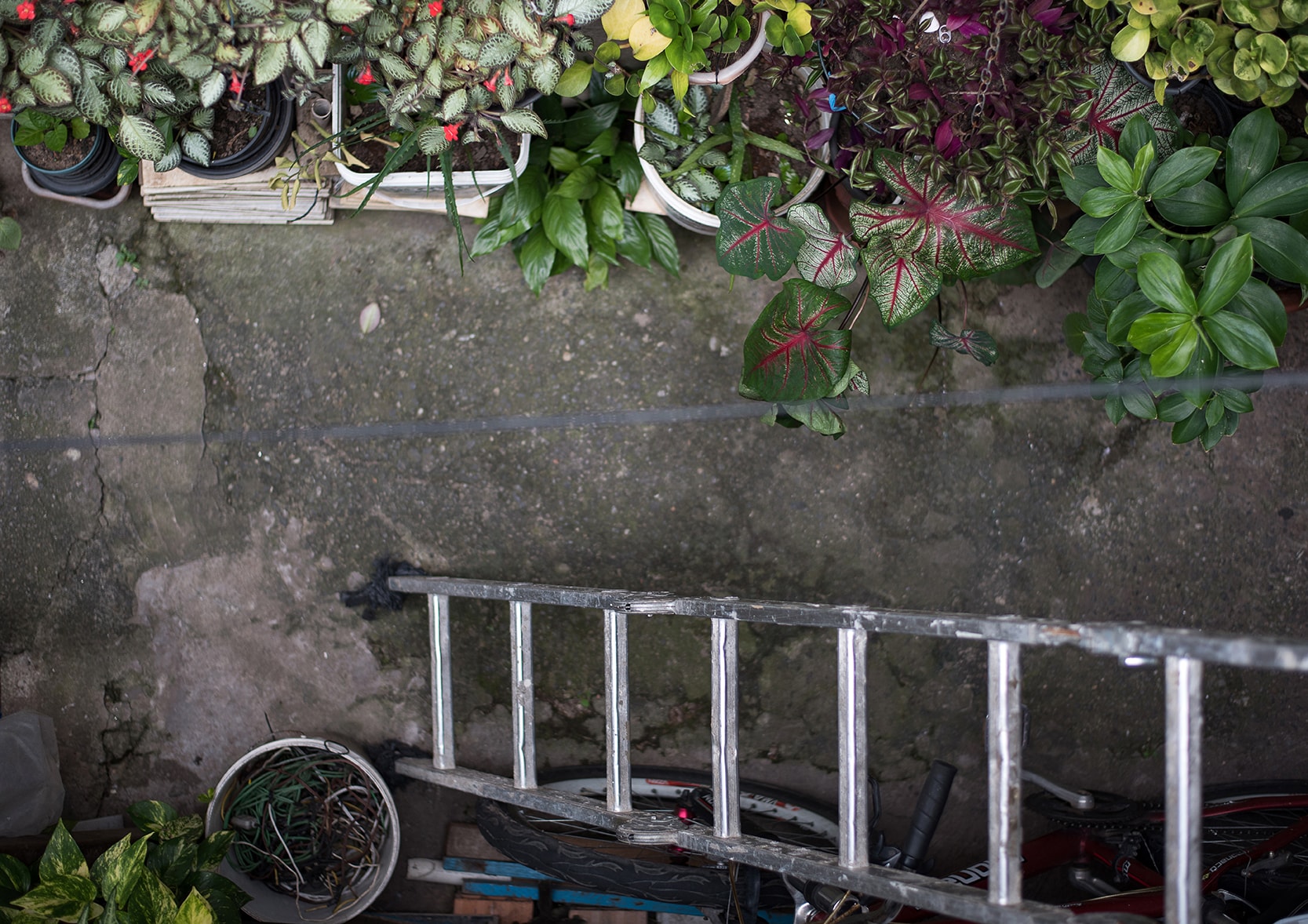
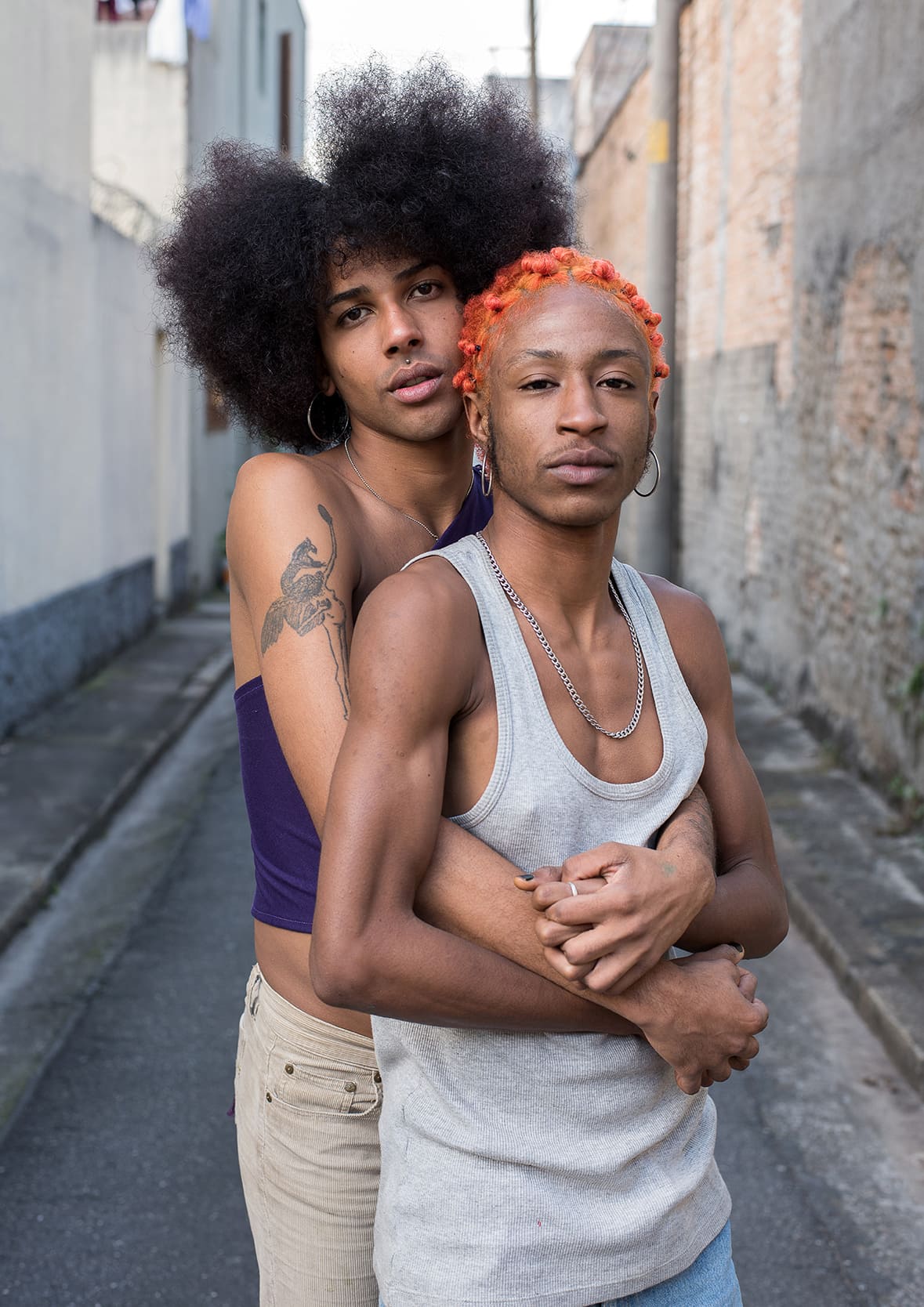
At what point were you interested in studying gender and sexuality?
I was always interested in these topics. I researched a lot of the work of artists such as Nan Goldin, Andy Warhol, Elinor Caruci, Elina Brotherus, Almodóvar, David Lynch. I was David Armstrong’s assistant, because I wanted to be in that environment, learn from him and how to use lights.
When I started developing personal projects, it was somewhat organic, and although I have tried to work on other issues, the truth is that only these politicized ideas and things that cross me come to me.
In Across, in between and beyond, your worked with a community of non-binary persons. How did you get to them?
It is a network of affections of non-binary people and some cis women. I met some people when I was doing Abaixa que é Tiro, and I began to be interested in their aesthetics, but mainly in the way, they lead their life and their relationship with freedom. I was delighted. I was freaking out, I went back to therapy because I had never questioned my gender identity until then and I was over 40 years old.
There I started to send messages to some people, telling them about the project, proposing them to take photos with someone they loved. All the photos are of couples. And then I asked each person to suggest someone else to talk to.
There, seeing that my work is serious, that I respect them, that I want to show them how they are and that I identify with them, everything was flowing. They are also very politicized people, sometimes some people question me saying that I make a living exposing other people, I even find it funny that they assume that they do not know what they are doing, as if they were victims.
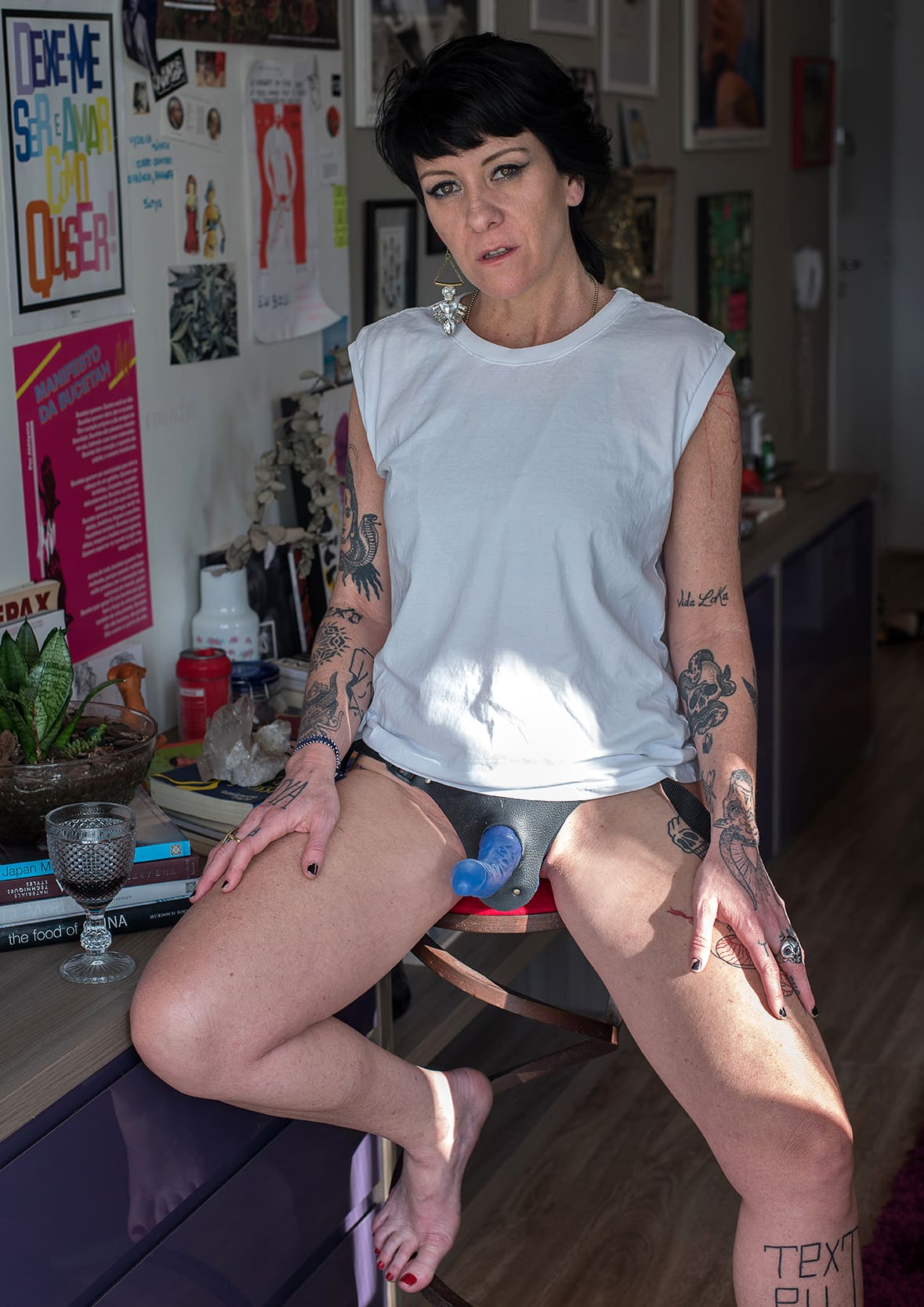
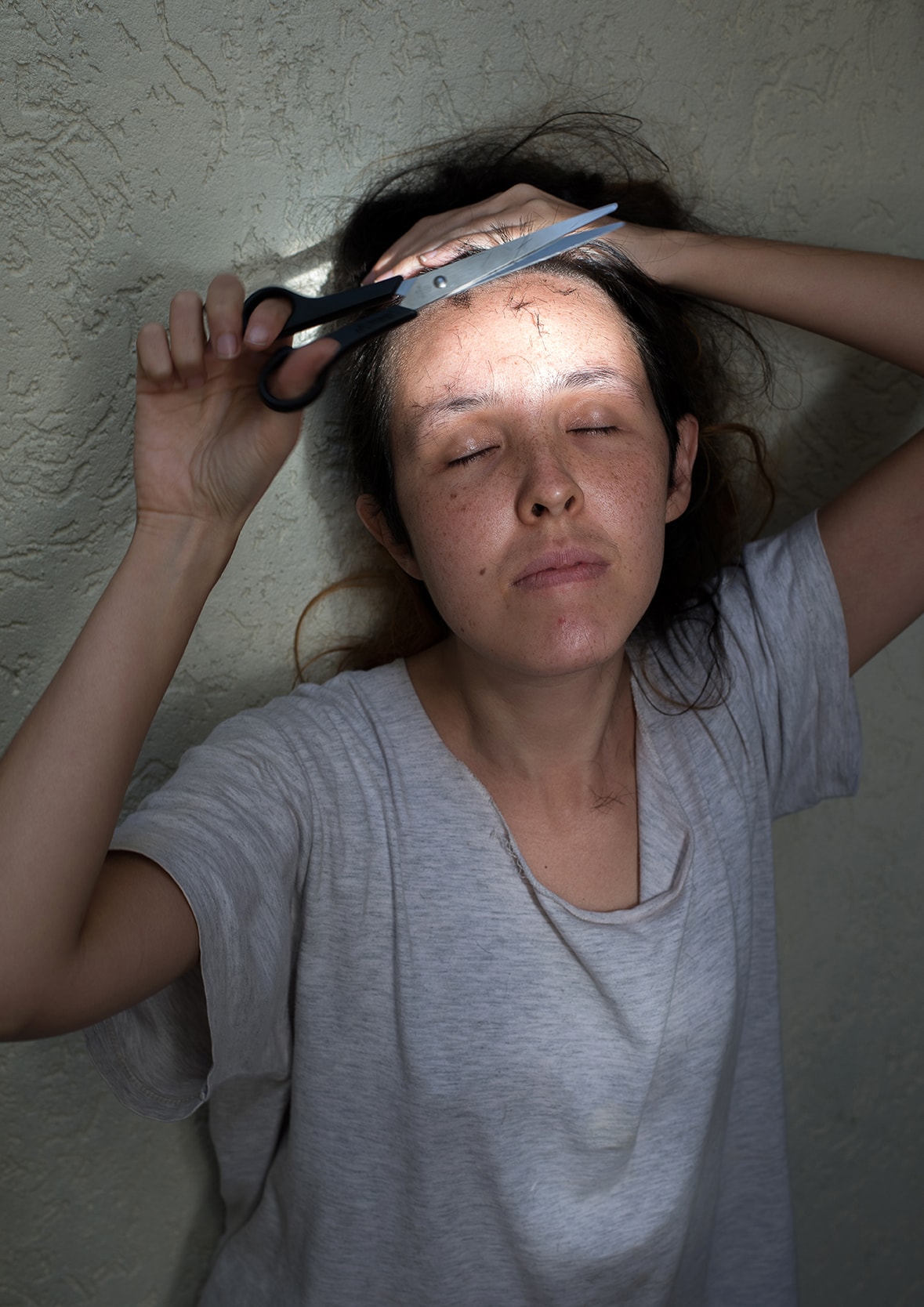
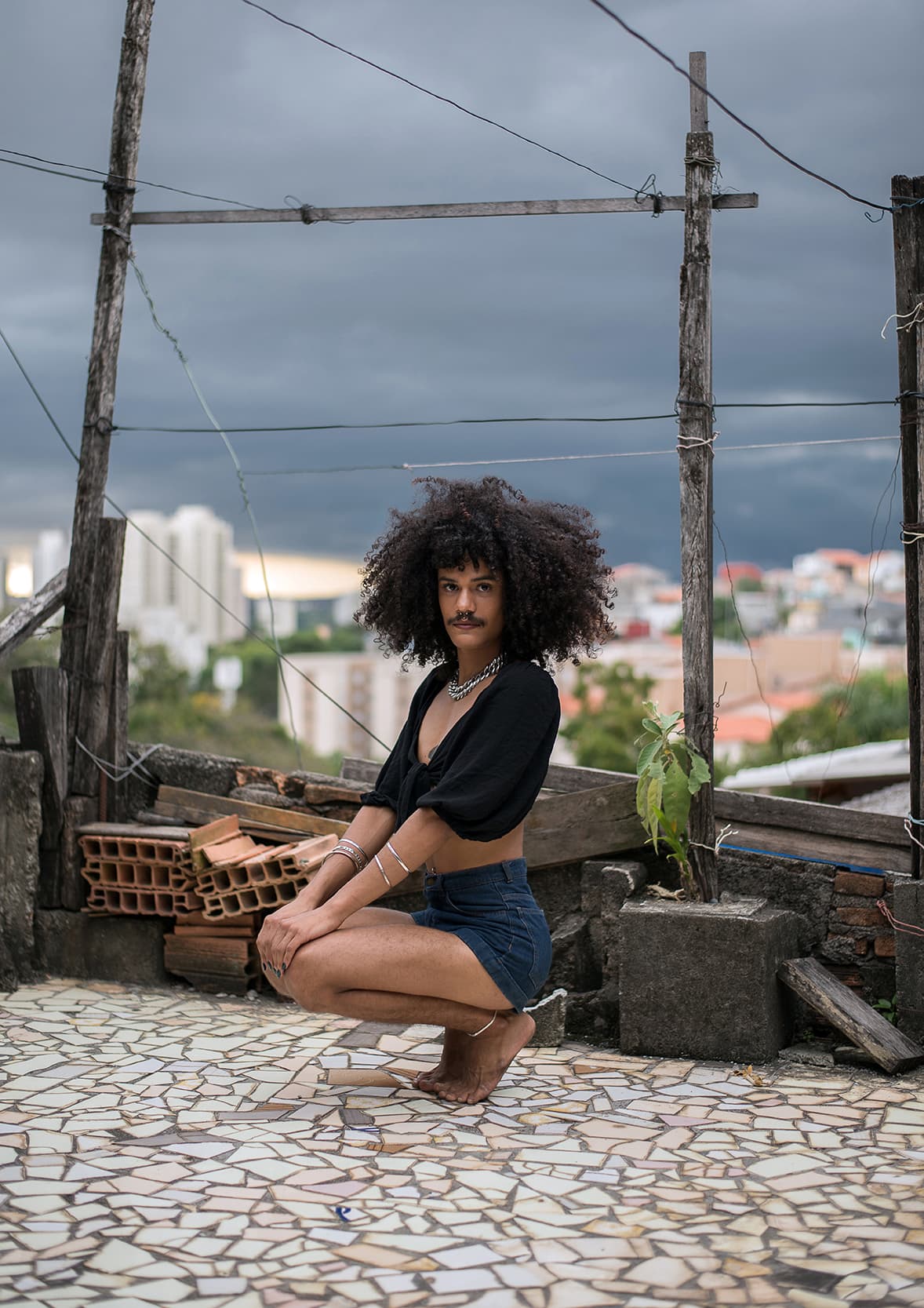
That is a very common criticism fot those who work with people of sexual and gender dissent.
Whoever makes these criticisms underestimates the people with whom I work, and remains superficial. I am a cis woman but I do not identify myself with cisgenderism, I already questioned my gender identity: I am a cis queer woman, I am not interested in perpetuating that system.
When I talk about this with trans people, not binaries, queers, they understand me. It was by talking with them that I understood myself. I identify with them in that freedom to be whoever anyone wants to be independent of what patriarchy and capitalism impose, especially for us cis women. The possibility of questioning oneself is very powerful, of asking oneself, this is it or is it that I am following a script that was imposed on me?
You have written that you are struck by the fact that some trans women and men do not hide their bodies to fully fit into the gender identity they have been building.
When we speak of a community we must always bear in mind that it is made up of individuals and one must always respect the complexity of each person. When I began to live with non-binary people I began to realize that, many trans women do not care if their genitals are noticed, others do, some trans men hide their breasts, others want to have a mastectomy, there are others not. There are so many possibilities of relating to the body that if that were to show itself more, more people will see and understand that these possibilities exist. I never saw that when I was a child.
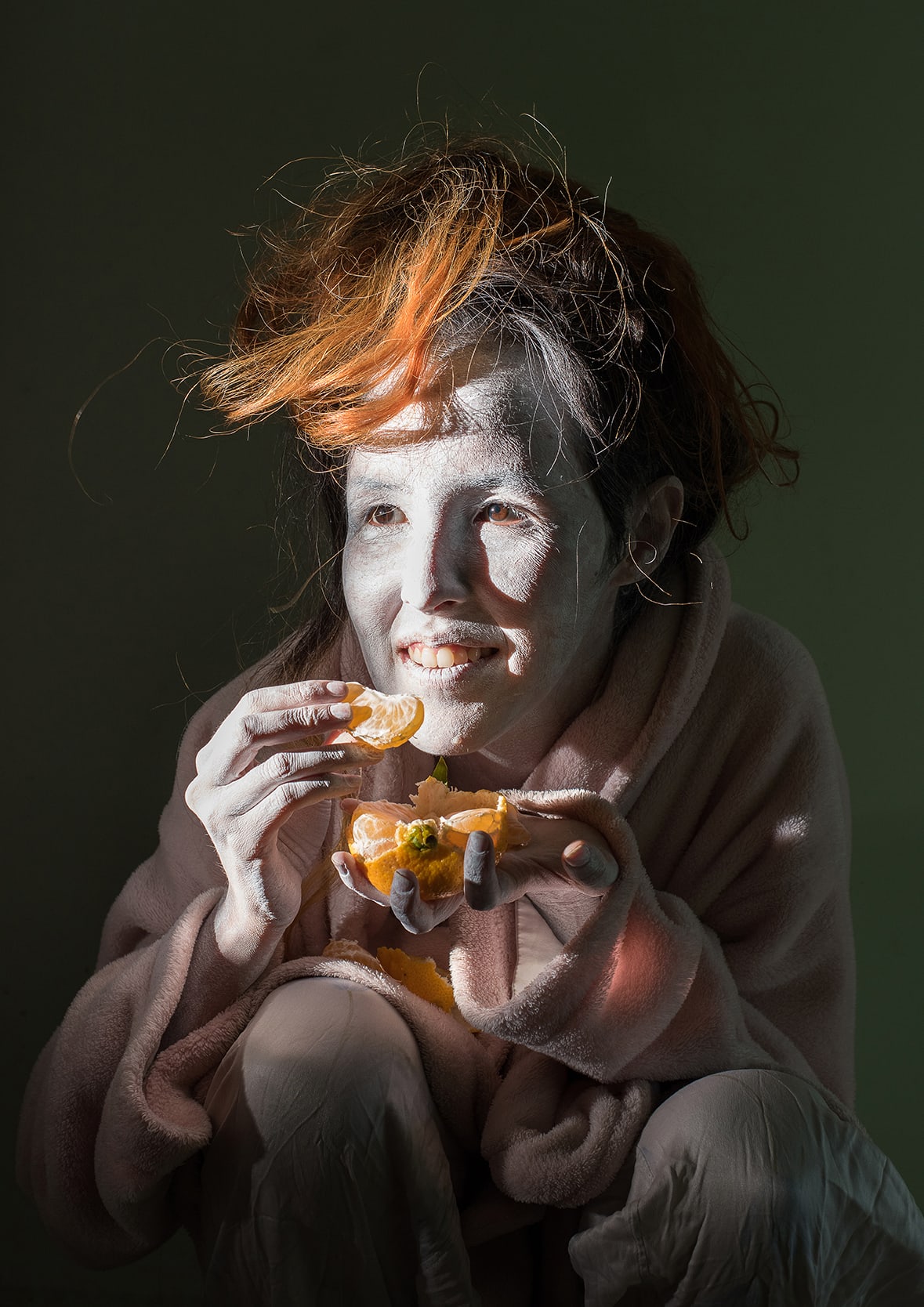
How do you take the photos, how do people participate?
I usually take the photos in each person’s home, or in a place where they feel comfortable. That is very important to me. I ask them to choose their clothes and to do whatever poses they want. I choose the place based on the light, and what I need to take the photos, in Abaixa que é tiro there is a well-defined aesthetic, with a neutral background, I was looking for that. I always ask people if there is something else they want to include or any pose that they would do.
I usually do portraits, but I am exploring other things. In my new job When the body no longer feels patriarchy won, I’m taking pictures of the universe that surrounds the people with whom I work. I take pictures of the spaces, of some objects, and I am also working outdoors. It’s a challenge for me, but I was feeling a bit prey to my style.
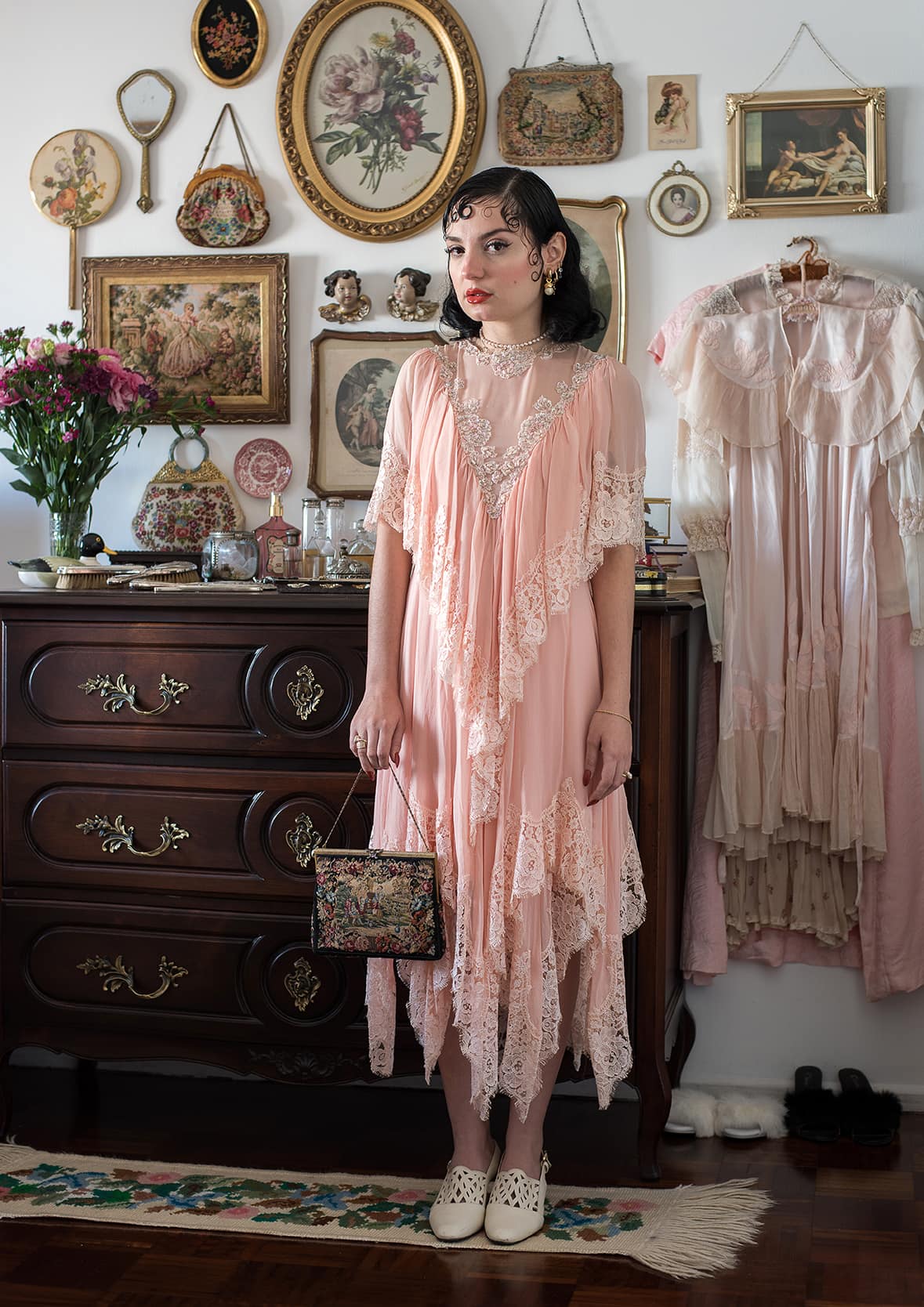
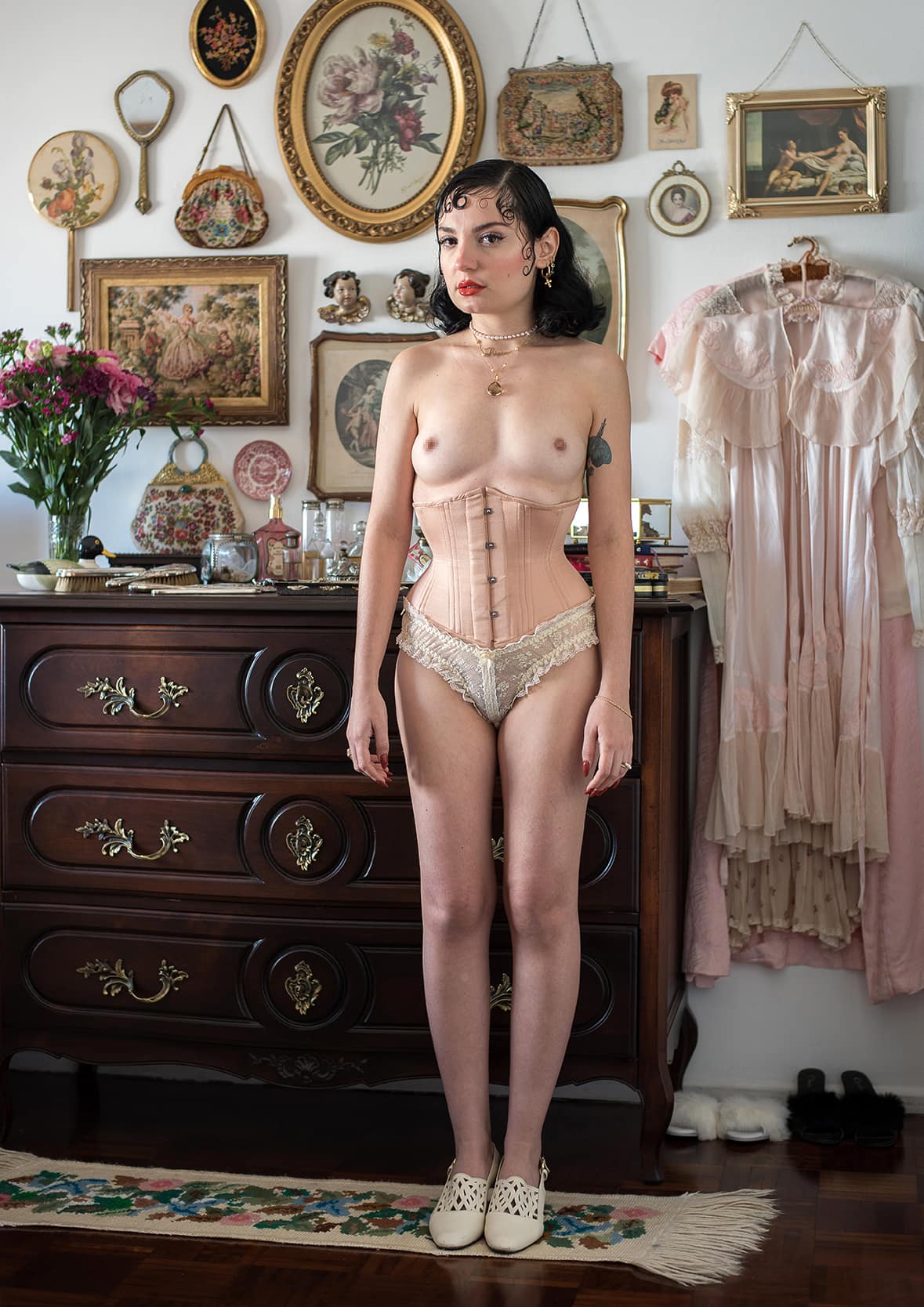
Can you tell me a little about this latest project?
From Abaixa que é Tiro my work is a great research project on gender and sexuality. In this new project, I portray people who inspire me because they break with the mandates of capitalism and patriarchy through their gender identity or sexuality. There are cis women, trans men, and women, non-binaries. There are no cis men, I only take photos of them if they pay me.
